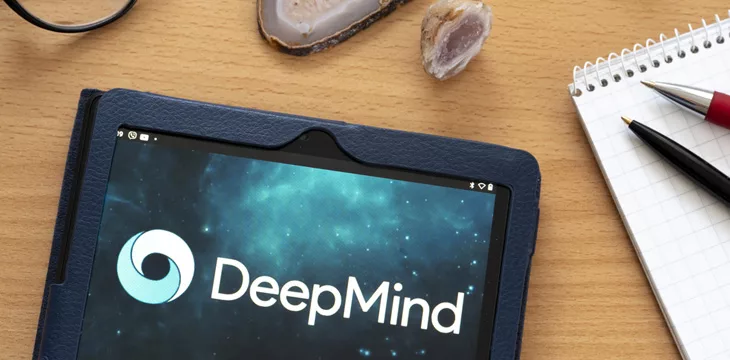|
Getting your Trinity Audio player ready...
|
Google DeepMind (NASDAQ: GOOGL) has announced the launch of an artificial intelligence (AI) model to assist scientists with drug synthesis and disease prediction with efficiency as the center of the offering.
Dubbed the AlphaFold, the new AI system is DeepMind’s answer to the growing number of AI health offerings by technology companies. In its third iteration, the previous two models recorded a measure of success in drug making, but advances to large language models (LLMs) have seen DeepMind develop modern solutions.
The latest models allow scientists to track and predict the behavior of the molecules forming the building blocks of life—proteins, carbohydrates, lipids, and nucleic acids. Announcing its latest development, DeepMind said the model will support the prediction of human DNA and enzymes in the metabolic process.
The fallout from these capabilities is that medical researchers can create a molecule from scratch to bind to a protein while forecasting the binding strength. This ability is necessary in the drug-making process and could revolutionize the pharmaceutical industry, giving firms the capacity to fashion out new antibodies.
By tapping AI, scientists can circumnavigate traditional drug-making processes, a method often described as “trial and error” with large margins for error. With AlphaFold, pharmaceutical companies are expected to save both time and funds in drug synthesis, with accuracy at the core of the process.
“With these new capabilities, we can design a molecule that will bind to a specific place on the protein, and we can predict how strongly it will bind,” said Deepmind CEO Demis Hassabis. “It’s a critical step if you want to design drugs and compounds that will help with disease.”
Rather than hoard its proprietary technology, DeepMind appears keen on adopting an open-source approach by allowing researchers to test their hypotheses with its AI models before proceeding to full-scale experimentation.
The presence of a public database of over 200 million protein structures, available for non-commercial researchers has been hailed as a gamechanger for the industry.
“It’s going to be really important how much easier the AlphaFold server makes it for biologists – who are experts in biology, not computer science – to test larger, more complex cases,” remarked John Jumper, a senior researcher at DeepMind.
A streak of success
In late 2023, DeepMind hit the jackpot by launching a new AI model designed to predict the structures of over 2 million materials with early use cases in battery manufacturing. With success in weather forecasting and other verticals, the company is keen to keep the competition at bay with its technological innovation.
While DeepMind is leaning on AI, other researchers are turning to blockchain technology to identify molecules necessary for life on Earth. Blockchain-backed research in healthcare is reaching a crescendo with studies recording successes in public health and pharmaceuticals.
In order for artificial intelligence (AI) to work right within the law and thrive in the face of growing challenges, it needs to integrate an enterprise blockchain system that ensures data input quality and ownership—allowing it to keep data safe while also guaranteeing the immutability of data. Check out CoinGeek’s coverage on this emerging tech to learn more why Enterprise blockchain will be the backbone of AI.
Watch: Blockchain & AI unlock possibilities

 07-12-2025
07-12-2025 





